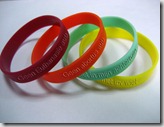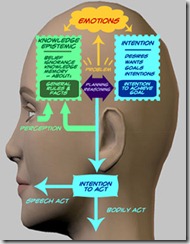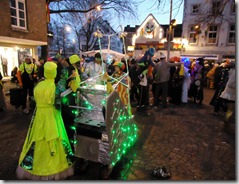The Dutch Practice Test
 At New Years, my course administrator and I worked out a new system for my attendance in Dutch classes for 2012: she would tell me what the class was doing each week and I would stride along in parallel on my own. When in the country, I would rejoin the class, and periodically I would take a test to assure that I was keeping up.
At New Years, my course administrator and I worked out a new system for my attendance in Dutch classes for 2012: she would tell me what the class was doing each week and I would stride along in parallel on my own. When in the country, I would rejoin the class, and periodically I would take a test to assure that I was keeping up.
So I received notice that my first oefening toets would be this afternoon. I’d sit for a 3-hour test covering writing, reading, and listening; speaking was not included. My friends all bet that I could never pass “Listening” just because I never do (listen). The college had me pegged at A1 listening and A2 reading/writing based on my intake evaluations a year ago: my guess (hope) is that passing the test will bump me up one skill level across the board.
This isn’t a test that I can really study for. Either the daily hours of Dutch are making a difference or they aren’t. Instead, I spent the morning working with the group finalizing my product prototype, then biked home for a quick lunch and packed for the train to London. I biked back to the school at 1 and joined the milling crowd in the cafeteria waiting to be called for their evaluations.
It didn’t start well. We were half an hour late getting started and then I found that I’d drifted into the Werk-traject test rather than the Exam-traject. Eventually, I arrived for the 1-hour test 40 minutes behind the rest of the class: the proctor gave me the spiral-bound exam book and told me to do my best.
The Writing test wasn’t too bad: completing examples representative of evryday life in the Netherlands.
Your neighbor leaves her garbage outside where it gets knocked over and is never home for you to talk with her. Leave her a note telling her the right thing to do.
Five computers were stolen from your place of work. Fill in the attached police report.
Easy enough, although not characteristic of my Dutch experiences. I finished in half an hour and headed over to Reading.
Both Reading and Listening are computer-based multiple choice tests, one practice question then twenty exam questions. Unfortunately, reading the FD, the Volkskrant, and Rosetta is not good preparation for the very focused vocabulary found in this section. Each question consisted of a one-paragraph story and several questions about it’s content – the topics were monotonous:
Read this job advertisement, then determine who you are interviewing with and for what job.
Read this account of your day at work, then explain to your supervisor why you had to fill in for your co-worker.
Read this notice and identify the proper procedure for calling your employer to say that you are sick.
My advice: know the noun baan, it’s everywhere.
Listening was more conversational. People meet on the street, exchanging pleasantries then discussing what the neighbors are doing. (I was ready with a note about the garbage) The danger here is in getting ahead of myself, reading read the question first, then listening for the answer. So, if the question was Is Ruud going to the park today?, I would be tempted to stop as soon as I heard Hey, Ruud, let’s go to the park! when the rest of the example might be No way, it’s raining! Lets go to the movies instead.
It took about half an hour to do each of the three tests, I stayed with first impressions and didn’t go back to change my answers. The results are probably mailed out so I won’t know for a week or so; in the meantime, it’s back to studying would, could, and should.
Labels: Dutch Language Training











